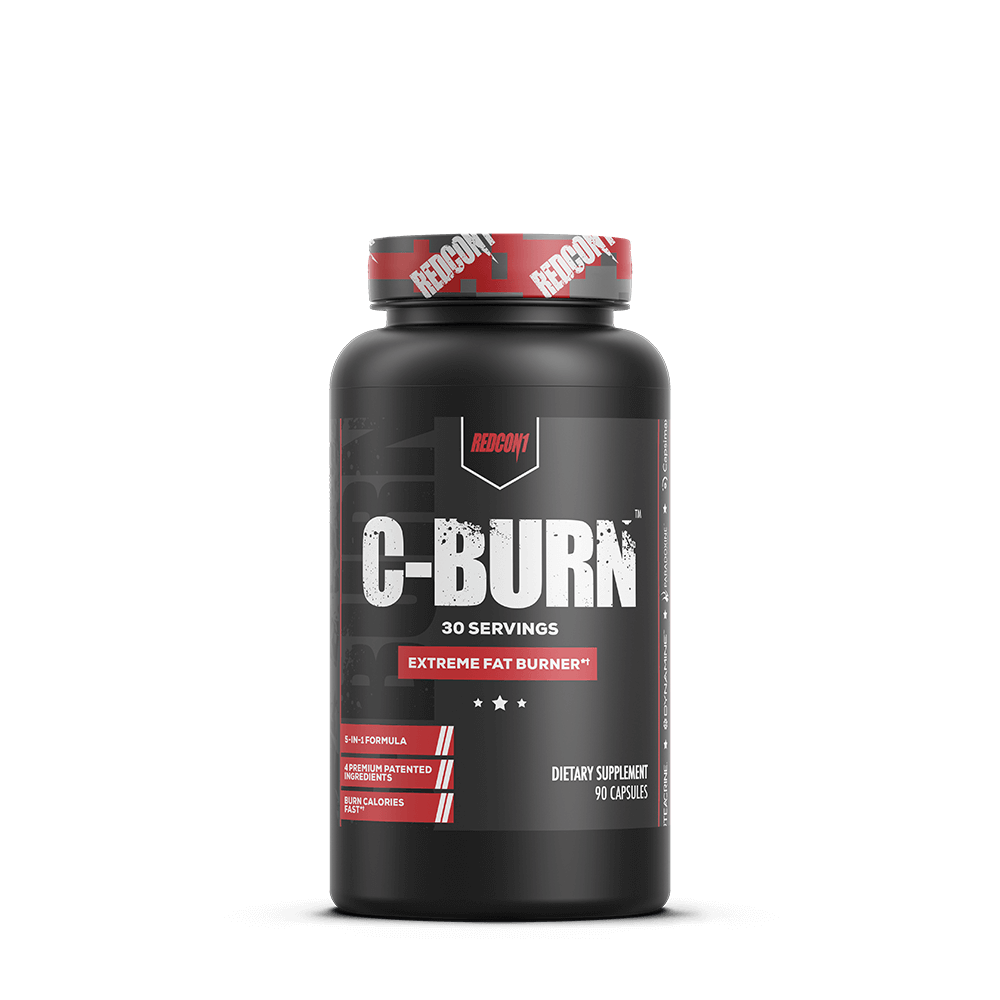The ultimate goal of every athlete is to get better and to improve his overall skills and abilities in the long term. And while this sounds like a simple formula, the reality is that getting into the best shape possible can be a complex and challenging process. The first prerequisite for athletes that aim to reach these heights is to train hard, really hard. And while that can have a galvanizing effect on the prospect of improving the overall skills and stamina, there are also possible negative effects that need to be considered. Training hard can also mean an increased risk of picking a minor infection or illness that can have a negative impact on your training schedule and overall form. As we are into the cold and flu season, it is important to look at some recommendations about how to boost your immune system in order to prevent certain illnesses and infections.
Before we look into the potential solutions, it is important to analyze the core of the problem. On that note, it is important to emphasize that there are numerous studies over the last two decades that have alarmed an increase in upper respiratory infection symptoms in athletes during the cold and flu period. Moreover, these reports found that this critical period makes the athletes more vulnerable. This is based on the variety of challenges the athletes face such as heavy exercise and life stress. This aspect can decrease the immune functions thus compromising the body’s immune system. It also very important to underline that the effect of these negative elements is far greater during the cold season as the weather can optimize their spread among the athletes.
Factors that Lower The Immune System
In regards to our examination case or the flu period, it is imperative to define the sources of the problem in order to provide specific and durable solutions. As we can see in figure 1.0, there are several factors that can lead to decreased immunity.
Pick the Right Supplements.
The first notable advice is to boost your immune system by taking some essential supplements. This is based on the fact that intense exercise may have a negative impact as it can compromise your overall immune system. This mostly occurs to those athletes that prefer low carbohydrate diet as they lack the energy fuel. This, in turn, can compromise the stability of the immune system thus making it vulnerable to infections and viruses. That is why it is crucial to take some supplements that contain valuable elements that are an integral part of building a strong immune system.
A combination of vitamin B, C, and D can be beneficial in the process of developing a strong immune system that will be able to withstand the high training demands. All of which can be found in Redcon1 Med Kit (link)
Pick the Right Nutrients
The second notable method is based on the diet strategy. It is imperative that athletes modify their meal plan as it is necessary to adapt to the current state. Besides the general recommendation to consume omega 3 fats, vitamin-rich foods and high protein intake, it is also helpful to focus on dairy products that contain probiotic compounds. This is based on the fact that probiotic bacteria improves the immune system. Moreover, there are many research studies about the influence of the probiotic ingestion in tackling and preventing respiratory illness.
Avoid Stress, Prolong the Recovery Process
Another notable advice is to avoid stress during this period. This can be a real challenge for many as the athlete’s fast-paced lifestyle can create certain complications. Experiencing emotional or psychological stress can have a negative impact as it can weaken the body’s immune system. And when an athlete is going through stressful situations during the cold season, it is best to not avoid training sessions. Athletes should train at least 30 minutes 5 to 6 days a week. Furthermore, athletes should also integrate a specific recovery plan that is adapted to the demands of the cold and flu season. The basic patterns of this strategy are based on three main points, to have a healthy diet and post-exercise nutrition, enough sleep time and time for leisure and recreation. Lack of these components may lead to depression, a weakened immune system and increased risk of illness and infections.
Also, it is crucial to take a closer look at the time intervals. To be more specific, after a heavy training session a temporary decrease in immune function occurs. According to Fitzgerald, this represents an open window for opportunistic infections to develop. (Fitzgerald, 1988). That is why it is necessary to adopt a strategy that will be based on prolonged recovery periods combined with warm drinks such as tea right after completing the training session.
Extreme Environments
Some athletes are facing extreme environments while they are conducting their training and competing events. And while these are general recommendations, their influence can be very significant. Athletes should carefully manage training load and recovery when their activity is with additional heat and/or hypoxia. Also, athletes need to avoid prolonged periods breathing large volumes of cold, dry air especially when training and competing during the cold and flu season.
Combined with these aspects, it is also important to maintain personal hygiene and sleep hygiene. This is increasingly important during long-haul travel to training camps and competitions.
The overall conclusion is that the cold and flu season can be a challenging period for many athletes. Maintaining a strong immune system is the main and the most effective barrier from getting infections and viruses. That is why it is imperative to pinpoint the potential factors that can lead to decreased immunity and potentially to an illness. By targeting the source of the problem, athletes can develop a defensive strategy that will enable them to maintain a good health and to reach their athletic goals.
Chris Hazen | @thechrishazen | thechrishazen@gmail.com

